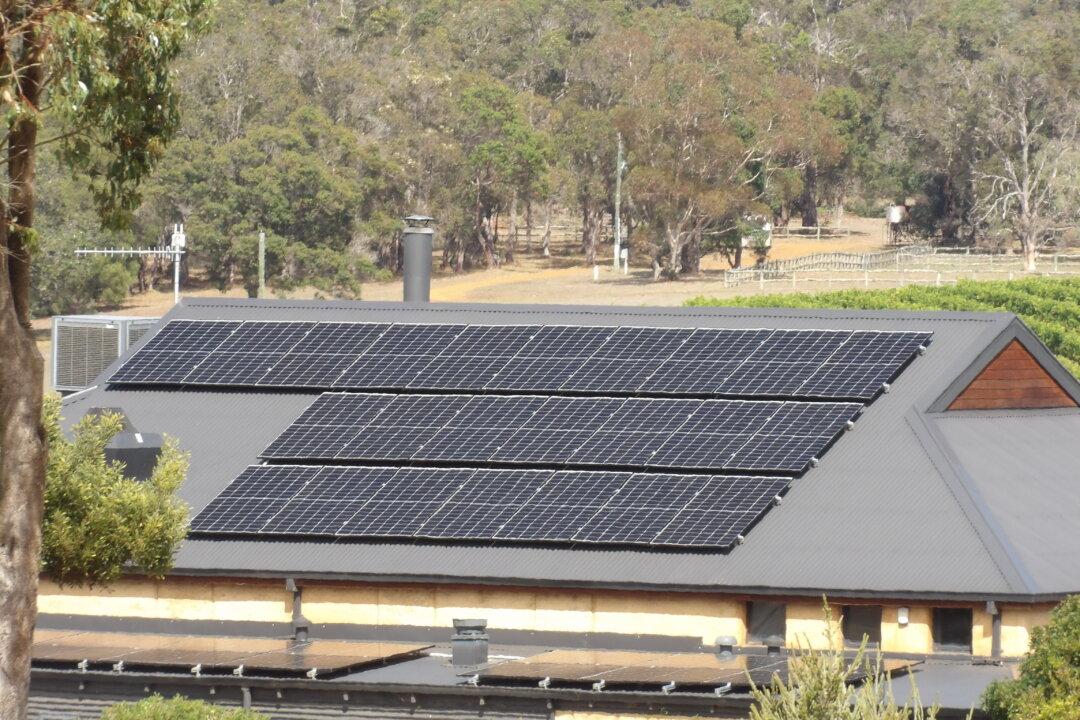The Department of Climate Change has launched the first National Energy Performance Strategy, providing a long-term framework to help improve energy performance and reduce energy costs.
It will also include electrification or fuel switching, which means swapping to electricity-powered technologies or other cleaner sources of energy.




